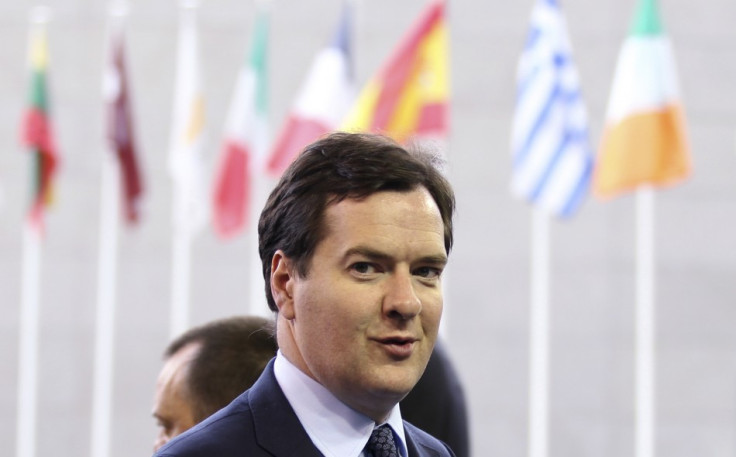Britain Should Put Brakes on Austerity if Recession Lingers - IMF

Britain should roll back its controversial strategy of austerity early in 2013 if a recovery from its first double-dip recession fails to gain ground, the IMF said in a report that challenges the bedrock of chancellor George Osborne's economic strategy.
While not calling for an immediate U-turn on Osborne's so-called "Plan A" of spending cuts and tax increases, the IMF warned that what it calls an "alarming" level of youth unemployment and the sovereign debt crisis in Europe could do lasting damage to Britain's growth prospects if the recession continues. It called on the Bank of England to cut rates from its current record-low.
"Scaling back fiscal tightening plans should be the main policy lever if growth does not build momentum by early 2013 even after further monetary stimulus and strong credit easing measures," the IMF said in the final conclusion to its annual review of the British economy.
"Temporary easing measures in such a scenario should focus on infrastructure spending and targeted tax cuts."
The IMF took note of Osborne's efforts to spark demand with the £80bn "Funding for Lending" scheme and the BoE's recent increase in its £375bn asset purchase programme but said that the scope for improvement in both tactics was limited. The "main tool" for arresting a recession that may stretch into next year was the reversal of various fiscal tightening measures, it said.
"Most directors believed that further easing may be needed, including consideration of a cut in the policy rate."
Economists interviewed by Reuters expect Britain's recession to last well into the second half of the year before recovering marginally in the final six months, according to a poll published today. The IMF lowered its own forecasts for UK growth by 0.6 percent on Monday for 2012 and 2013.
© Copyright IBTimes 2025. All rights reserved.





















